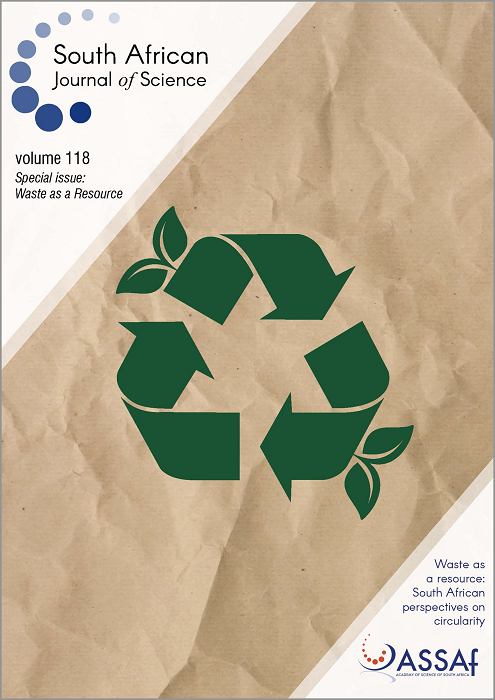Waste as property: The law’s role in maximising value
DOI:
https://doi.org/10.17159/sajs.2022/12426Keywords:
waste, property, law, value, miningAbstract
The concept of waste is explored against the background of the law of property. Drawing on the work of Eduardo Peñalver, this article addresses how waste is a form of property, property for which the law heavily regulates disposal. Conceptualising waste in such a manner is possible, as it is possible for property to have not only a positive value but also a negative value. How the law regulates the disposal of our unwanted property has important ramifications for the waste cycle. Restricting the disposal of waste can encourage practices such as recycling, and ensure waste is directed to the waste streams in which maximum value can be extracted therefrom. This contribution aims to illustrate the above through the example of mine waste, as the value of mine waste is context-sensitive. It is possible for this form of waste to take on a positive or a negative value, depending on context. Furthermore, it is crucial that such waste be adequately regulated, to ensure the extraction of maximum value, both economic and social.
Significance:
- Waste can be conceptualised as property, and the law strictly regulates the disposal of all forms of property. The law can play an important role in ensuring that maximum value is realised from waste.
Published
Issue
Section
License

All articles are published under a Creative Commons Attribution 4.0 International Licence
Copyright is retained by the authors. Readers are welcome to reproduce, share and adapt the content without permission provided the source is attributed.
Disclaimer: The publisher and editors accept no responsibility for statements made by the authors
How to Cite
- Abstract 540
- PDF 537
- EPUB 283
- XML 340












.png)